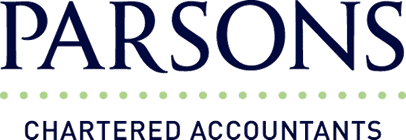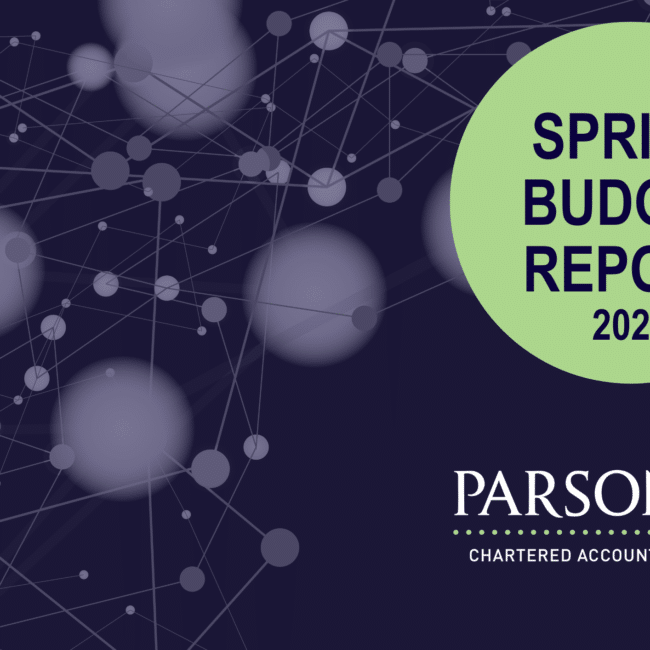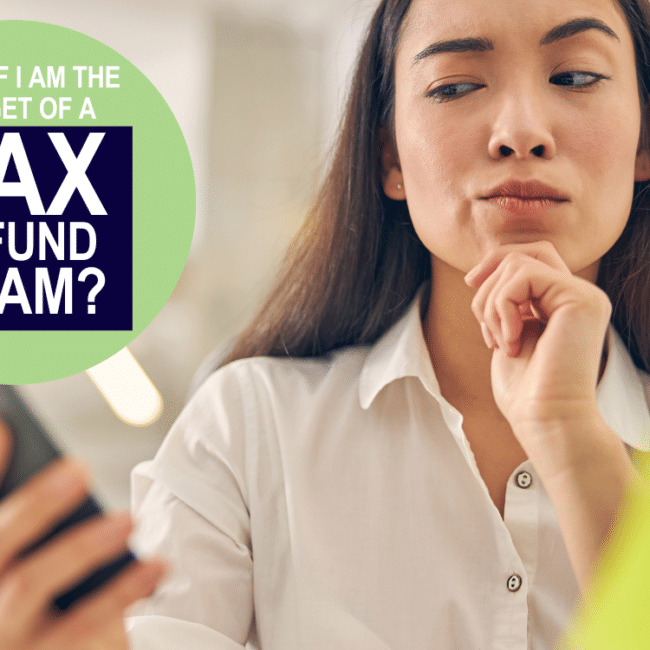
Tax Planning when Exiting a Business
If you’re thinking of exiting a business that you own or co-own, one of the first things you need to consider is tax planning. By setting the right foundations in place now, you can look forward to a relaxing new future with more financial security.
Tax planning ahead of exiting a business
Whether you’re retiring and leaving your co-owners/partners to run the show, selling up completely or passing your business on to your family, preparation and good advice is vital in order to ensure a smooth transition and a healthy financial outcome. While you may have focused more on the tax matters relating to the business itself over the years, now it’s time to make sure you take your personal tax matters in hand, so you can reap the rewards of your hard work.
Of course tax planning is completely unique to the individual, their business and their circumstances, so you should seek independent advice from a Chartered Tax Advisor to get things right. As a starting point, here are a few key things to be aware of.
Capital Gains Tax liabilities when exiting a business
Paying tax is an unavoidable consequence of selling your business (unless you’re selling to an Employee Ownership Trust, in which case please ask us about this), and in general you should expect to pay Capital Gains Tax based on the difference between the sale proceeds and purchase cost of the shares that you sell. If you’ve not already used your annual exemption for Capital Gains Tax purposes, this can be offset against some of the gain.
There are other Capital Gains Tax reliefs available that could help to reduce your liability and increase your net proceeds, which is why tailored tax planning advice is crucial.
Business Asset Disposal Relief (BADR)
Known as ‘entrepreneur’s relief’ up until 2020, BADR has the potential to lower the rate of Capital Gains Tax you pay down to 10% for the first £1m of qualifying gains, providing you:
- Are a business office holder or employee
- Possess 5% or more of both share capital and voting rights
Plus, either:
- Are entitled to 5% (or more) of the distributable profit and assets available in the winding up of the business
OR - Are entitled to 5% (or more) of a whole ordinary share capital disposal
A Chartered Tax Advisor can help you to maximise your BADR and also advise you on other factors influencing your Capital Gains Tax liabilities, such as being a non-UK resident.
Inheritance Tax (IHT) and estate planning
Your net proceeds following your business exit will also have an impact on your Inheritance Tax liabilities, which will subsequently have an impact on you and any future inheritance beneficiaries.
This is something that you need to look at before you negotiate and agree on your exit or sales terms, because any cash proceeds can attract an HMRC bill of up to 40% of the total.
One way to navigate around this and reduce your liability is to consider your IHT planning opportunities prior to selling the shares, while the shares may qualify for Business Relief for IHT purposes. One option could be settling a trust in which to deposit shares, allowing the sale proceeds to fall outside of your estate.
Accessing business exit tax planning
To make the most of available benefits and to help both yourself and future generations continue to enjoy the fruits of your labour, it’s absolutely essential to get professional advice from accountants experienced in these areas. Our team can support you with answering questions such as:
- How can I reduce my tax bill?
- How much income or savings do I need for a good retirement?
- What should I do with the proceeds from my business sale?







